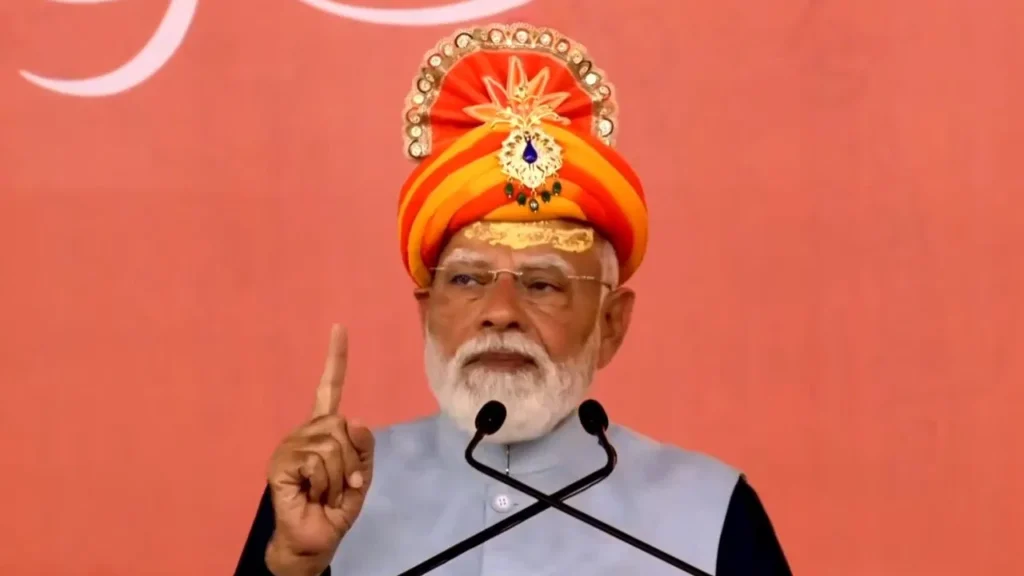The ongoing succession debate surrounding the Dalai Lama is proving to be a significant source of tension not only for China but also for India. As the spiritual leader of Tibetan Buddhism and a prominent figure advocating for peace and compassion, the Dalai Lama holds considerable influence, particularly among the Tibetan diaspora and within India, where many Tibetans have sought refuge since the 1959 uprising against Chinese rule. The question of who will succeed the Dalai Lama after his passing is fraught with geopolitical implications, complicating relationships between China, India, and the Tibetan community.
From China’s perspective, the succession of the Dalai Lama is a matter of state control and ideological dominance. The Chinese government has historically sought to assert its authority over Tibetan Buddhism, asserting that it has the right to approve the next Dalai Lama. This desire for control reveals an underlying fear of a potential Tibetan resurgence, where an independent or semi-autonomous Tibet could challenge China’s territorial integrity. Consequently, Beijing’s efforts to manipulate the succession process are aimed at ensuring a leader who aligns with their political objectives, thereby quashing any aspirations for autonomy among Tibetans.
India, on the other hand, finds itself in a precarious position. Hosting the Dalai Lama and the Tibetan government-in-exile in Dharamshala, India has long supported the Tibetan cause, reflecting its commitment to human rights and religious freedom. However, India’s relationship with China is complex and often strained, marked by territorial disputes and growing economic competition. The potential for a contentious succession process to exacerbate these tensions is a concern for New Delhi. A situation where China successfully installs a pro-Beijing Dalai Lama could undermine India’s influence in the region and complicate its diplomatic stance on Tibet.
The implications of the Dalai Lama’s succession extend beyond Tibet and India, impacting global perceptions of China’s human rights record and its handling of religious freedom. As international attention focuses on this delicate issue, the world watches closely, aware that the choice of the next Dalai Lama could either perpetuate the existing tensions or pave the way for a more peaceful coexistence. The interplay of religious authority, national identity, and geopolitical strategy thus places the Dalai Lama succession at the heart of not only Tibetan aspirations but also the broader dynamics of Sino-Indian relations in the 21st century.




